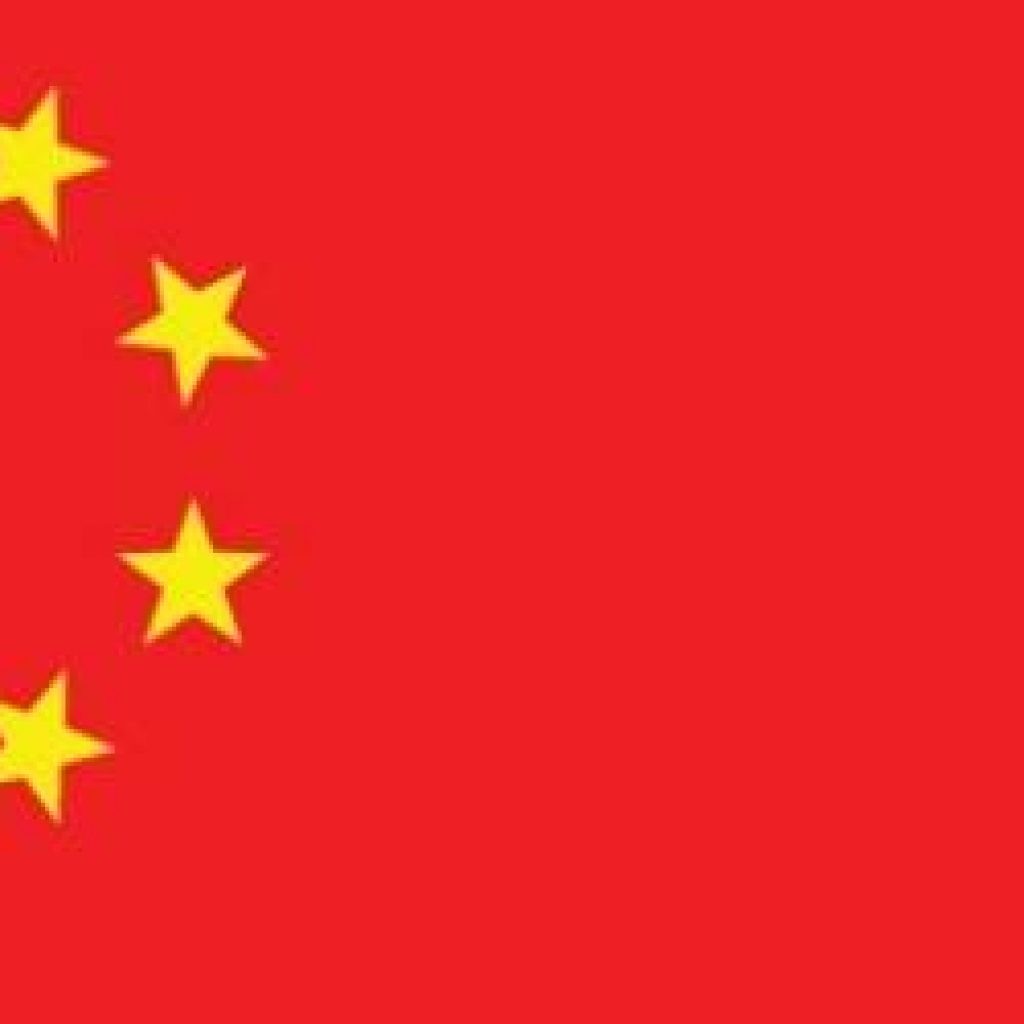(IEEE.Spectrum) Two of the most powerful quantum computers in the world to date now both come from China, and new experiments with them re-ignite the controversy over what kinds of problems might be quantum computationally solvable that couldn’t begin to be solved by a conventional supercomputer.
A quantum computer with great enough complexity—for instance, enough components known as quantum bits or “qubits”—could in theory achieve a “quantum advantage” allowing it to find the answers to problems no classical computer could ever solve.
Quantum computers Zuchongzi and Jiuzhang 2.0 may both display “quantum primacy” over classical computers. Chinese scientists have tested these two different quantum computers on what they say are more challenging tasks than Google’s Sycamore faced and showed faster results. They note their work points to “an unambiguous quantum computational advantage.”
Although the sampling task used in experiments with Zuchongzi has no known practical value, the Gaussian boson sampling problem on which Jiuzhang 2.0 was tested potentially has many practical applications, such as identifying which pairs of molecules are the best fits for each other. As such, this work may have quantum chemistry applications in simulating vital molecules and chemical reactions, says physicist Chao-Yang Lu at the University of Science and Technology of China in Hefei, a co-author on both studies.
Lu notes also cautions against the increasing hype surrounding quantum computing. “So far, the computational problems that can truly benefit from quantum computing are still quite limited,” Lu says. “The current state of the art is that no experiments have demonstrated quantum advantage for practical tasks yet. While we should not be too pessimistic and short-sighted as ‘the world needs only five quantum computers,’ we should also make a difference between optimism and exaggeration.”
Two of world’s biggest quantum computers made in china
